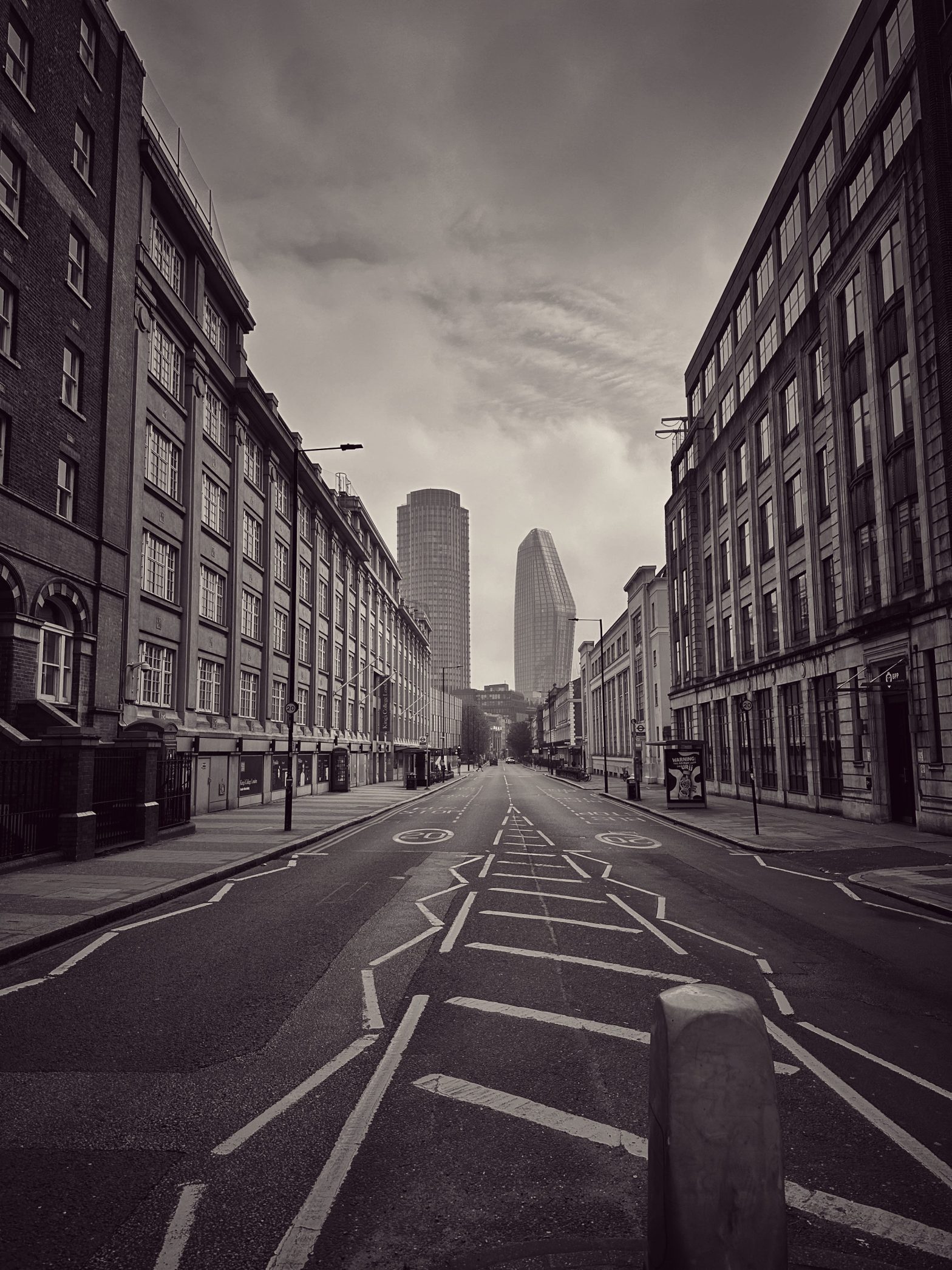Ramadan, a time of spiritual reflection and community, offers more than just religious benefits. It subtly shifts our focus away from material consumption, potentially leading to improved heart health. This article explores the connection between the essence of Ramadan and its impact on reducing factors that contribute to clogged arteries. We’ll delve into how the anti-materialistic nature of Ramadan, coupled with mindful practices, can contribute to overall well-being.
During Ramadan, our priorities realign. The emphasis on building a stronger relationship with the Almighty naturally diminishes our desire for excessive spending and indulgence. This shift can have a profound impact on our physical health, particularly in preventing the buildup of cholesterol and plaque in our arteries. Let’s examine how this happens.
The Detrimental Effects of Cholesterol and Ramadan’s Solution
As the American Heart Association explains, cholesterol, a waxy substance, is essential for bodily functions. However, excessive cholesterol can lead to plaque formation in arteries. Ramadan offers a natural counterbalance to this.
Cholesterol is a waxy substance throughout the body. It’s not “bad” unless you have too much of it. Your body needs it to build cells and make vitamins and other hormones. But too much cholesterol can pose a problem. (American Heart Association)
Ramadan encourages a mindful approach to consumption, reducing the intake of unhealthy fats and processed foods that contribute to high cholesterol levels. By focusing on simpler meals and community sharing, we inadvertently support our cardiovascular health.
Ramadan’s Anti-Materialistic Essence and its Impact
Ramadan stands in stark contrast to the capitalist and imperialist drive of constant acquisition. This holy month gently redirects our focus towards spirituality, diminishing our preoccupation with the marketplace. The quote from Al Fawaid – Ibn Qayyim ra highlights the danger of excess:
[A person] takes more than he needs, so it becomes superfluous; and [surplus] is the share of Shaytān and his point of entry to the heart. The way to avoid this is to avoid giving the self all it wants of food, sleep, pleasure and comfort. When you close this door, you will be safe from the enemy entering through it. (Al Fawaid — Ibn Qayyim ra)
By consciously reducing our desires for material possessions and excessive consumption, we free ourselves from the cycle of craving that often leads to unhealthy lifestyle choices, including poor dietary habits.
Lipid Buildup in Arteries and Ramadan’s Preventative Measures
The Cleveland Clinic emphasizes the importance of balanced lipid levels for proper bodily function. Excess lipids contribute to plaque buildup in arteries. Ramadan encourages moderation and mindful eating habits, supporting healthy arteries.
Your body needs just the right amount of lipids to function. If you have too many lipids, your body can’t use them all. The extra lipids start to build up in your arteries. They combine with other substances in your blood to form plaque (fatty deposits). This plaque might not cause any problems for years, but over time, the plaque silently gets bigger and bigger within your arteries. (Cleveland Clinic)
The act of fasting during Ramadan promotes a reduction in overall caloric intake, which subsequently lowers lipid levels and reduces the risk of plaque formation. Combined with increased physical activity through prayer, Ramadan is especially beneficial for heart health.
The Global Impact and Change
The onset of Ramadan brings subtle shifts in our daily routines and physical state. It’s a time of change—in moods, muscles, food, and fatigue. Ramadan is especially detectable in prayers, prostrations and of weight and wallets.
The feeling to help, with food and finances, time and guidance, is significantly higher. Whilst the market place might be less crowded and the stomachs less full, the fabric of unity, and communal ‘sukoon’ is concrete, the pulse is definitely detectable.
Moral Decay and Ethical Blockage
The natural inclination of the world often leads to consumption, whether material or immaterial. Unabated consumption clogs our moral and ethical arteries, much like cholesterol accumulating in our veins. The peace and comfort experienced during Ramadan arise from our sincere attempt to please Allah, fulfilling our intended purpose.
Healing Through Spirituality and Prayer
As Ibn Qayyim ra reminds us, prayer holds immense power for healing:
“Duʿāʾ is one of the most beneficial remedies” (Al-Dā’ wa-al-dawā’ — Ibn Qayyim ra)
The increased devotion and supplication during Ramadan not only strengthen our spiritual connection but also foster a sense of inner peace, which indirectly benefits cardiovascular health by reducing stress levels.
Key Takeaways and Final Thoughts
In conclusion, Ramadan’s emphasis on spirituality, community, and mindful consumption offers a holistic approach to health. By consciously reducing our attachment to material desires and embracing practices that promote well-being, we can significantly contribute to healthier arteries and a stronger heart. The lessons learned during this holy month extend far beyond Ramadan, offering a pathway to sustainable heart health and overall wellness.
The natural pull of the world is of consumption, material or elusive. Perhaps the general lull and comfort in the heart is because we are actively and sincerely trying to please Allah — exactly what we were created for!
